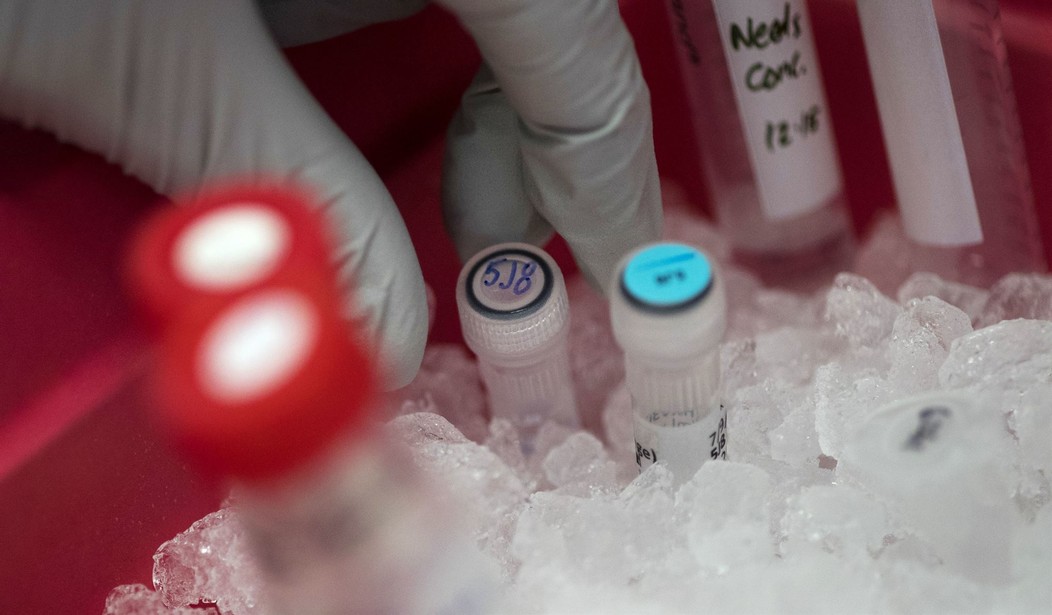A report from the journal Nature this week provides some rather ominous news for scientists battling the COVID pandemic, but it may also open the door to new research that could save the lives of countless people in the future who are stricken with many different diseases. The report is based on a massive, long-term study of blood samples from 3,595 patients from 38 countries who developed critical COVID-19 (patients who were ill enough to require ICU care). But this study wasn’t focused on the patients’ viral loads. It looked at the number of incidents where patients had “autoantibodies” in their blood. These “rogue” antibodies do the exact opposite of what you normally want your immune system to be doing. They block the interferons your immune system generates to fight off a virus. And it turns out that a lot of people had them, particularly among the elderly.
Antibodies that turn against elements of our own immune defenses are a key driver of severe illness and death following SARS-CoV-2 infection in some people, according to a large international study. These rogue antibodies, known as autoantibodies, are also present in a small proportion of healthy, uninfected individuals — and their prevalence increases with age, which may help to explain why elderly people are at higher risk of severe COVID-19.
The findings, published on 19 August in Science Immunology, provide robust evidence to support an observation made by the same research team last October. Led by immunologist Jean-Laurent Casanova at the Rockefeller University in New York City, the researchers found that around 10% of people with severe COVID-19 had autoantibodies that attack and block type 1 interferons, protein molecules in the blood that have a critical role in fighting off viral infections.
One of the key findings was that these autoantibodies are not caused by the novel coronavirus. They show up naturally in at least ten percent of the uninfected population, including people who never develop any noticeable medical complications as a result. It’s the virology equivalent of a horror movie where the calls are coming from inside the house. But once a patient contracts COVID, the autoantibodies go to work, attacking and blocking the interferons that your body is producing to fight off the virus. This applied to both vaccinated and unvaccinated patients.
The demographic spread of the presence of these rogue antibodies was nowhere near random in terms of age groups. The autoantibodies were present in 13.6% of the patients in this study, which is already an alarmingly high percentage. But they were only seen in 9.6% of patients below the age of 40. Conversely, they showed up in 21% of those over 80. Nearly twenty percent of the patients who died from COVID tested positive for these autoantibodies. This discovery could help to explain why COVID strikes the elderly so much harder and more frequently than younger patients.
While research on this specific subject is only beginning, the scientists who conducted the study believe that understanding this phenomenon could result in a significant leap forward in the treatment of all manner of viral diseases. Since they are not specific to COVID, the autoantibodies attack interferons produced in response to nearly all viral infections. If they can discover a way to thwart them, the resultant treatment could vastly enhance the natural immunity or resistance of patients to diseases ranging from the seasonal flu to HIV.
Unfortunately, it will take time to bring this research to the point where they will be able to (hopefully) use it to eliminate autoantibodies in people, so it’s unlikely to provide any benefit to the current crop of patients coming out of this pandemic. But if it bears fruit before the next pandemic blows into town, this could wind up being a revolutionary development.









Join the conversation as a VIP Member